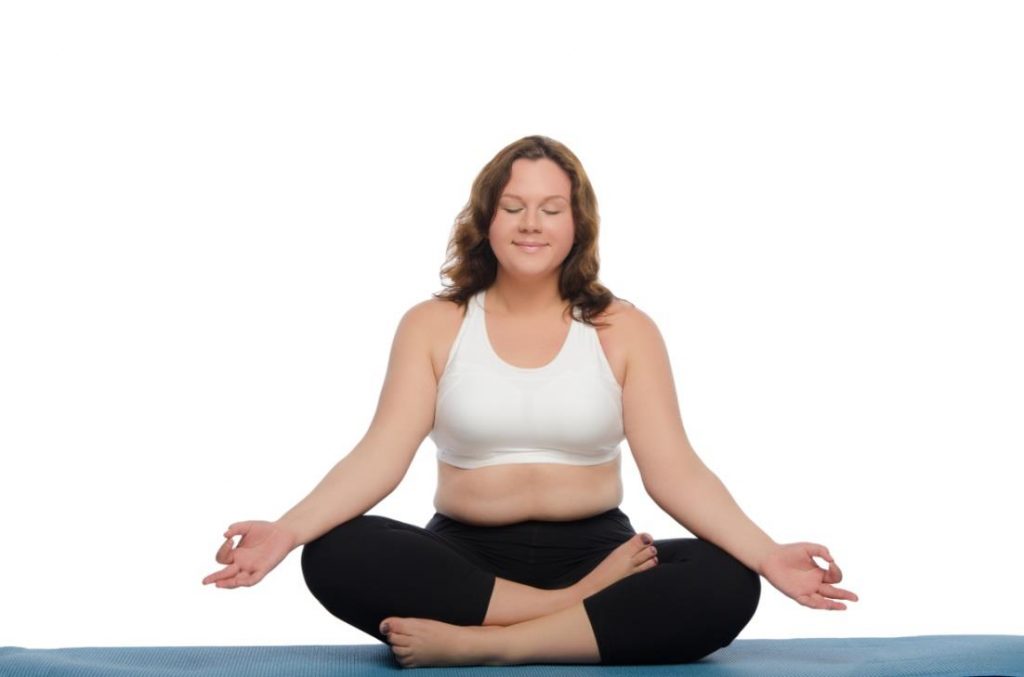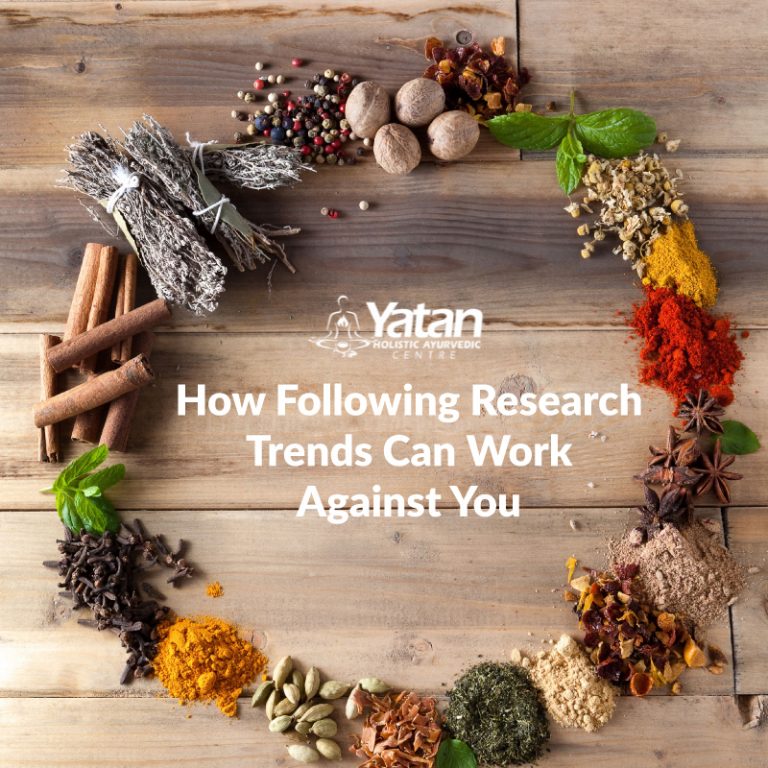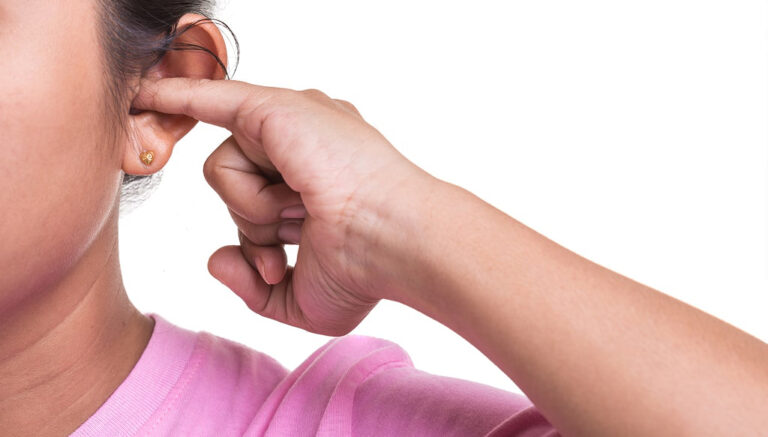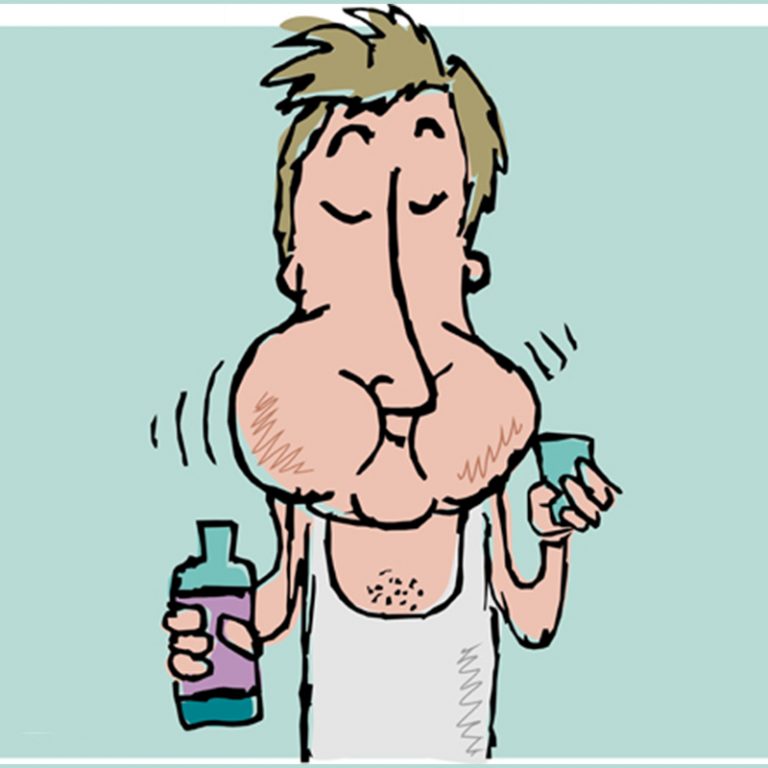Ayurvedic Treatment to Prevent Weight Gain Caused by Stress
Ayurvedic Treatment to Prevent Weight Gain Caused by Stress
Do you binge on cakes and chips when you’re stressed out? Do you rush to the fridge for some ice-cream or leftovers as soon as a stressful situation arises? Stress is a response that we experience when the body and mind perceive a threatening external situation. Some people deal with stress by overeating and subsequently gaining weight. But how can you prevent this?
Weight gain can be caused by a multitude of conditions. When it comes to stress – which in and of itself may cause a host of symptoms – the individual’s overall health and constitution must be assessed before proceeding to a prevention plan.
In Eastern holistic traditions such as Ayurveda, it is known that weight gain caused by stress affects the adrenal glands and metabolism, and it is these two functions that Ayurveda addresses rather than simply prescribing a weight loss plan. You can still prevent gaining weight and you might even lose some of it in the process, but it is your overall system that must be taken care of first. Ayurveda looks at the individual holistically and practitioners tailor a treatment plan according to the patient’s Dosha type and overall mental, emotional, physical and spiritual health.
Vata Aggravation Symptoms
According to the concept of the three Doshas, weight gain caused by stress is essentially a condition of Vata Aggravation which predominantly affects the nerves, cartilage and digestion. Symptoms and results of Vata Aggravation include:
- A slowed down digestive system due to impaired enzymes (food does not digest easily or properly, may cause nausea)
- Tiredness, fatigue and an overall lack of motivation
- No or few bowel movements (constipation)
- Cravings for sweet and salty foods
- Bloating and swelling
- Joint pain
- Bad communication between nerves and the brain
- A sluggish liver and kidneys (possibly adrenal fatigue)
- Congestion (the body cannot rid itself of mucus and fluid build-up)
- Endocrine system dysfunction (imbalanced hormones)
- Imbalance of all Doshas
- The whole system is compromised

According to Ayurveda, the way to treat Vata Aggravation is by reducing Vata, increasing Pitta and reducing any excess Kapha.
Ayurvedic Treatment Plan
When you consult an Ayurvedic practitioner you will most likely be given the following recommendations that will help prevent further weight gain, assist with weight loss and reduce your stress symptoms:
- A Vata-reducing diet, which may include warm, spicy foods, warm liquids, soups, herbs and ghee. You may be advised to avoid cold and solid foods as much as possible except for foods like roasted vegetables, salads, sweet potatoes and asparagus. This type of diet plan aims to increase Pitta while reducing Kapha.
- A caution to avoid dairy, which only aggravates Vata and Kapha. You may be advised to steer away from butter, milk, yoghurt and their by-products.
- Yoga postures, once you have initially adjusted your diet. These postures may include Sun Salutations (Surya Namaskar), Mountain Pose (Tadasana), Tree Pose (Vrikasana), Corpse Pose (Savasana) and variations of Side Twists. Indian push-ups may also be advised.
- Pranayama (Yogic breathing) is often recommended for symptoms of stress and nervous tension. Bhastrika Pranayama in particular is known to support the nervous system, energize the mind and harmonise all the Doshas of the body.

Looking for a personalised, all-natural weight loss plan that is also designed to lower stress levels? Contact us today for a free no-obligation Ayurveda consultation on how we can best treat your condition.
All information and resources referenced in this article, including medicinal preparations, exercise and dietary recommendations, are based on the opinion of the author. All content is intended to inform and encourage the reader to seek professional advice if the aforementioned conditions and symptoms are present. No information in this article should be considered a diagnosis or prescription.

*Discover holistic healing with a complimentary phone or video consultation from our expert Ayurvedic practitioner. Start your path to better health today!*























